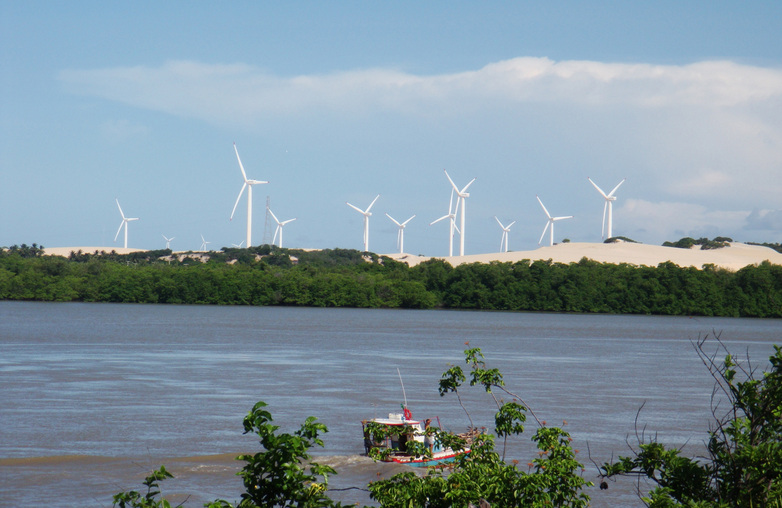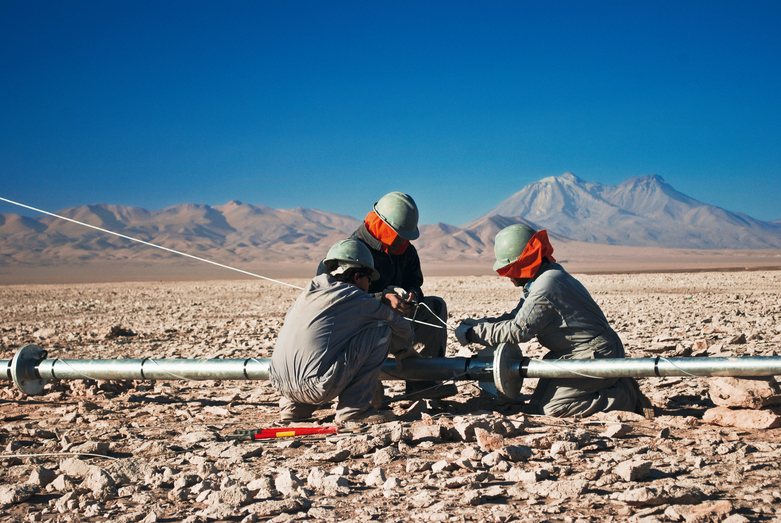Encouraging climate adaptation through sustainable infrastructure audits in Latin America and the Caribbean
Promotion of climate change adaptation measures driven by Supreme Audit Institutions, Latin America and the Caribbean
 © GIZ/Michael Gajo
© GIZ/Michael Gajo
Promotion of climate change adaptation measures driven by Supreme Audit Institutions, Latin America and the Caribbean

Federal Ministry for Economic Cooperation and Development (BMZ)

Latin America and the Caribbean, Brazil
Latin America and the Caribbean, Brazil

Latin America and the Caribbean, Federal Court of Accounts of Brazil (TCU)
Latin America and the Caribbean - Federal Court of Accounts of Brazil (TCU)

2024 to 2027

Latin American and Caribbean Organisation of Supreme Audit Institutions (OLACEFS)
Latin American and Caribbean Organisation of Supreme Audit Institutions (OLACEFS)

Governance and Democracy
Climate change leads to extreme weather events that harm populations, ecosystems and public services, especially in the most vulnerable regions. As a result, infrastructure must become more sustainable to adapt to these challenges.
Supreme Audit Institutions (SAIs) play a crucial role in auditing public policies and ensuring the proper and efficient use of public resources. Therefore, it is essential to establish institutional requirements that allow SAIs to focus on climate resilience, environmental protection, and human rights.
Additionally, information and communication technology (ICT) enables data driven decisions and thereby enhances audit processes. Besides, institutionalising exchange formats promotes ongoing collaboration and knowledge sharing. Together, these factors help develop innovative methods to improve monitoring mechanisms for addressing climate change impacts.
 © Catharina Vale
© Catharina ValeThe institutional conditions for the implementation of audits of sustainable infrastructure by member institutions of the Latin American and Caribbean Organisation of Supreme Audit Institutions have been established.
 © Tim-Patrick Meyer; Thomas Imo/photothek.ne
© Tim-Patrick Meyer; Thomas Imo/photothek.neThe project operates in two core areas:
Last update: December 2024